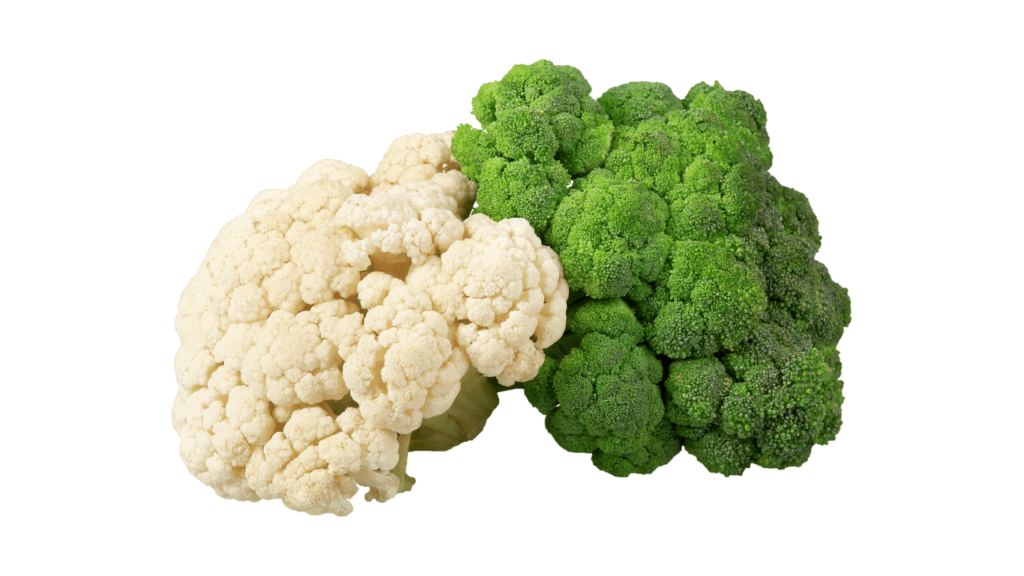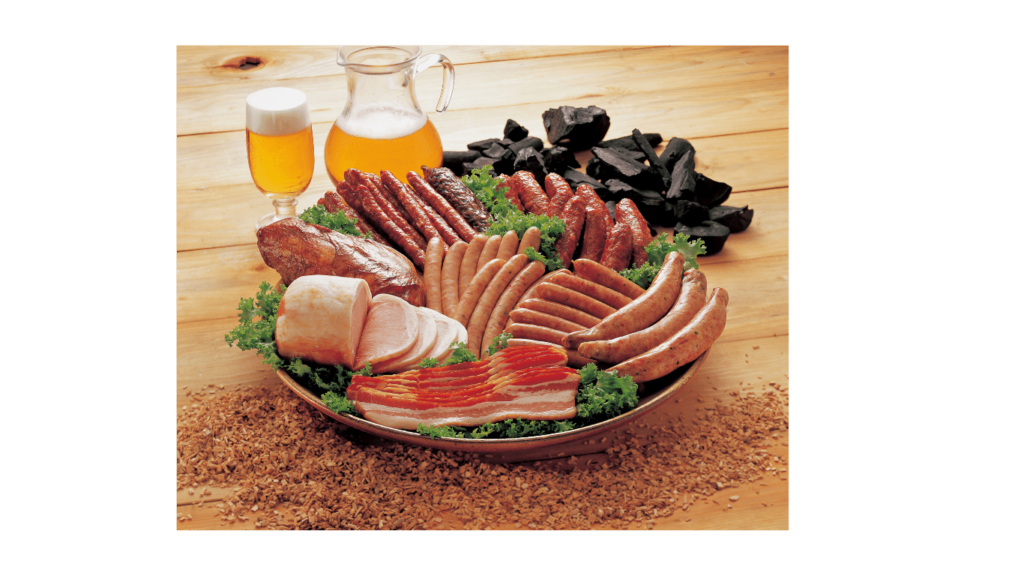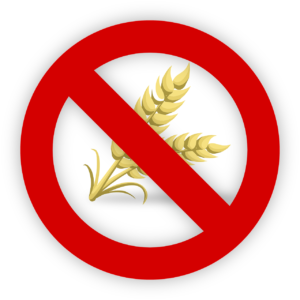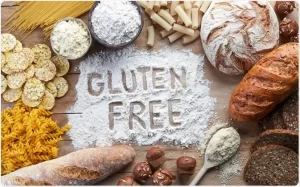Hypothyroidism demands careful dietary considerations to enhance your well-being and ensure effective treatment. Your plate is your domain, and making informed choices can significantly impact your thyroid function. In this comprehensive guide, we delve into the foods that might interfere with hypothyroidism management and offer strategies for optimal dietary habits.
1. Soy-Based Foods: Proceed with Caution

Soy, known for its isoflavones, has stirred concerns regarding hypothyroidism. While some studies suggest soy has no direct impact on thyroid hormones, it may affect medication absorption. To mitigate potential interactions, consider waiting at least four hours after consuming soy-based foods before taking your medication1.
2. Cruciferous Vegetables: A Delicate Balance

Broccoli and cauliflower, part of the cruciferous family, are often linked to thyroid hormone production concerns. Research indicates that excessive consumption might hinder iodine utilization. However, the Mayo Clinic suggests significant quantities are required to impede iodine uptake. Moderation is key; enjoy these nutrient-rich vegetables without compromising your thyroid function.
3. Gluten: Unraveling the Connection
Research highlights an association between hypothyroidism and celiac disease. Although a gluten-free diet's thyroid benefits are inconclusive, consulting your doctor about gluten elimination or celiac testing is prudent. If gluten remains in your diet, opt for whole-grain varieties to support bowel regularity.
4. Fats: Choose Wisely
Certain fats, prevalent in butter, meat, and fried foods, can disrupt thyroid hormone absorption and production. To optimize hypothyroidism treatment, consider minimizing fried foods and opting for leaner cuts of meat. Striking a balance in fat intake is crucial for effective thyroid health.
5. Sugary Indulgences: A Weighty Concern
Untreated or undertreated hypothyroidism may slow metabolism, making weight management challenging. Ruth Frechman advises against excess sugar consumption, emphasizing its nutrient-poor, calorie-dense nature. Prioritize reducing sugar intake or eliminating it entirely from your diet to support overall health.
6. Processed Foods: A Sodium Caution

High sodium levels in processed foods pose risks for individuals with hypothyroidism, amplifying the potential for high blood pressure. Scrutinize nutrition labels for low-sodium options to mitigate this risk. Limiting daily sodium intake aligns with American Heart Association recommendations.
7. Fiber Moderation: Balancing Act
While fiber is essential, excessive intake can complicate hypothyroidism treatment. High-fiber diets, particularly from beans, legumes, and vegetables, may interfere with thyroid hormone replacement drug absorption. Consult your doctor when adopting a high-fiber diet, ensuring medication adjustments if needed.
8. Coffee Timing Matters
Caffeine in coffee has been linked to thyroid hormone replacement absorption blockage. To optimize thyroid medication effectiveness, take it with water and wait at least 30 minutes before indulging in your morning coffee.
9. Alcohol's Thyroid Dance
Alcohol can disrupt both thyroid hormone levels and production. Research suggests minimizing alcohol consumption or practicing careful moderation for individuals with hypothyroidism9.
In conclusion, managing hypothyroidism extends beyond medication, placing dietary choices at the forefront. Tailoring your diet to navigate potential interactions with thyroid function can significantly impact your overall well-being. Consult with your healthcare professional for personalized guidance based on your specific health needs.






